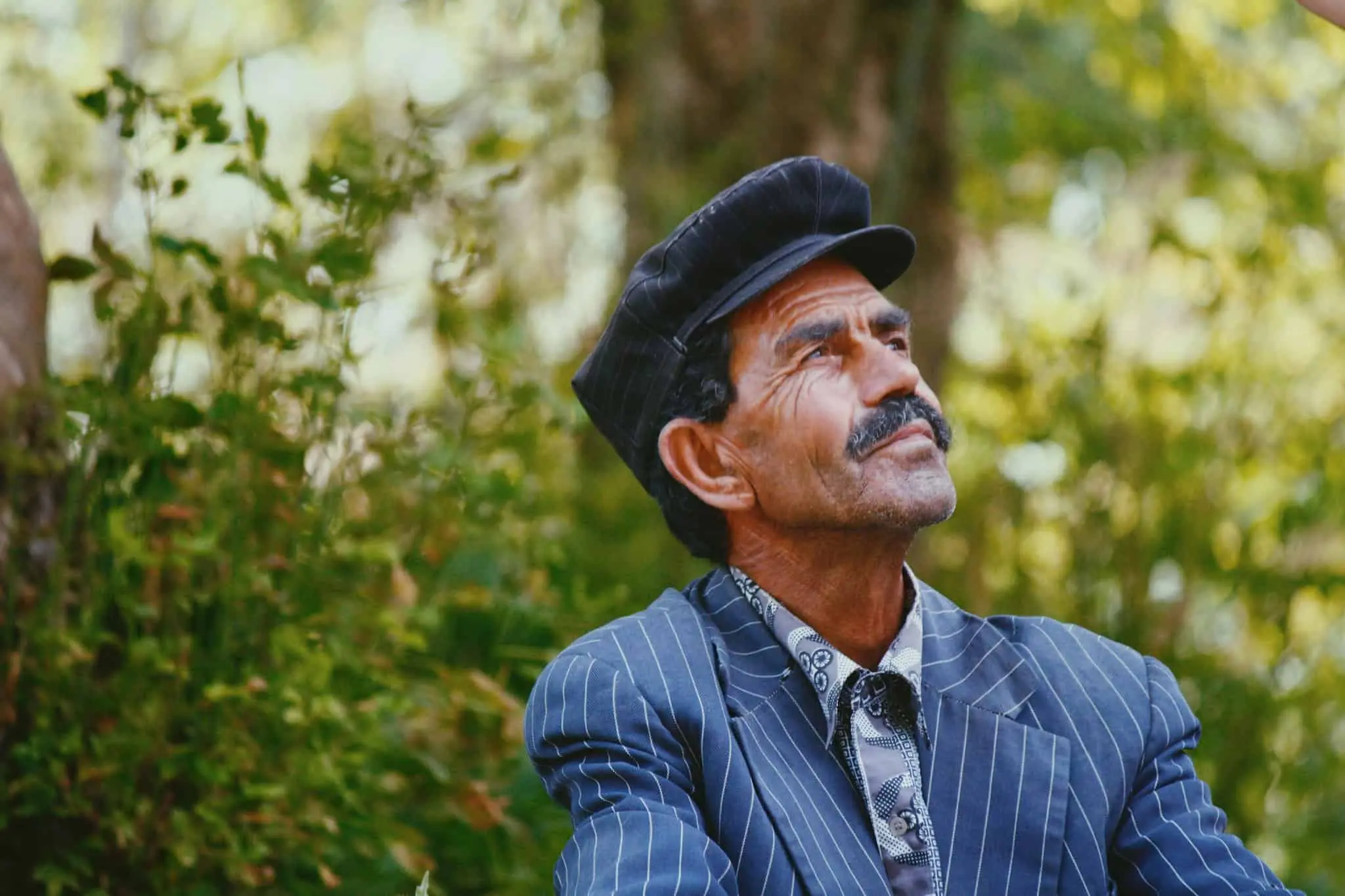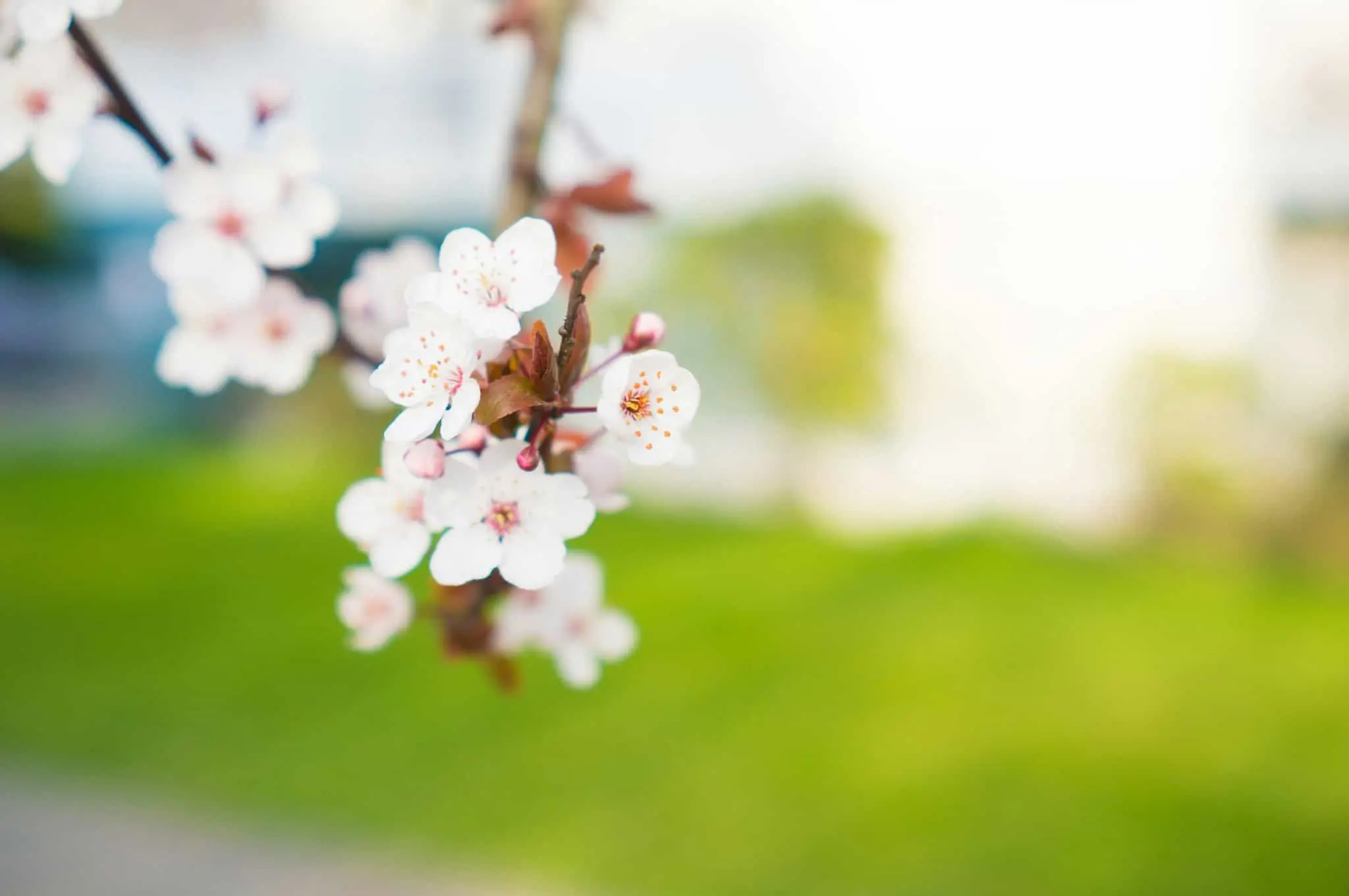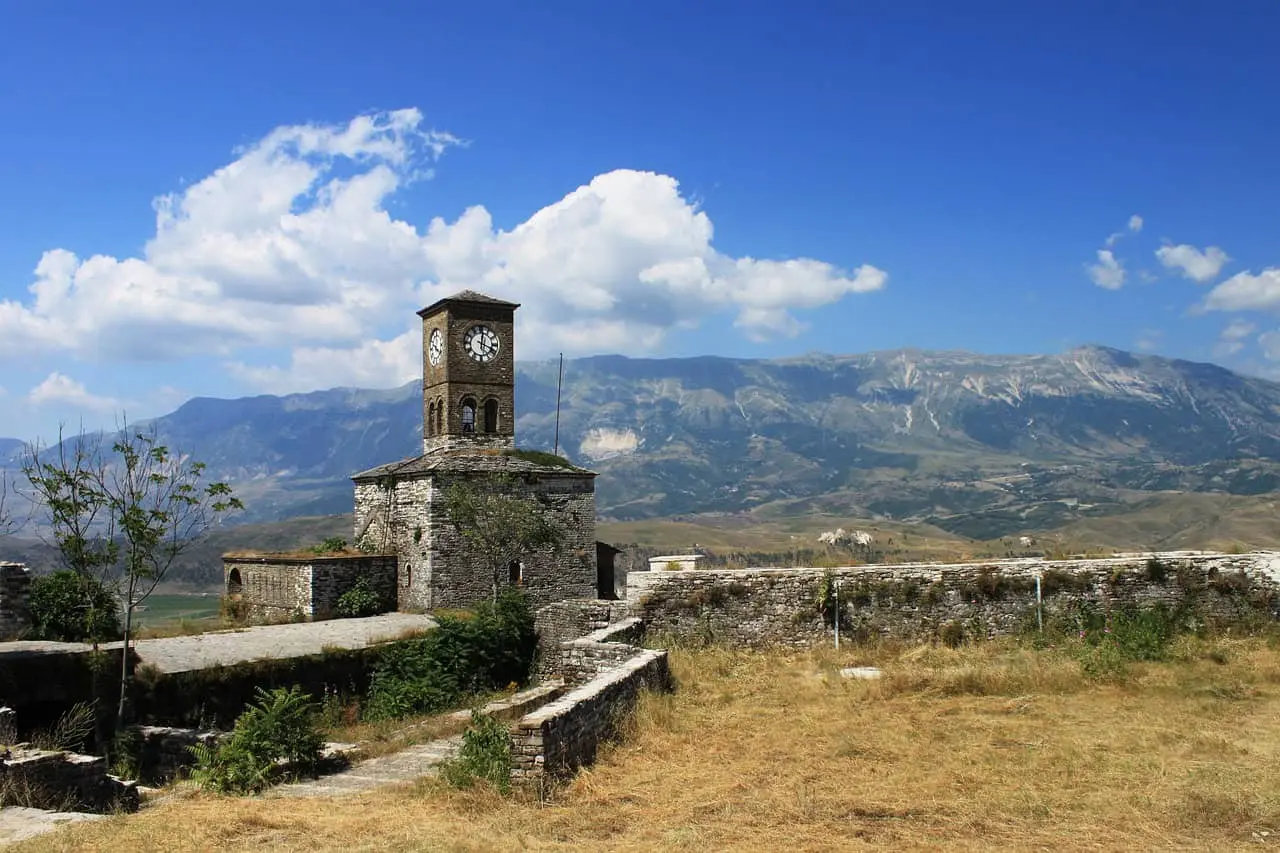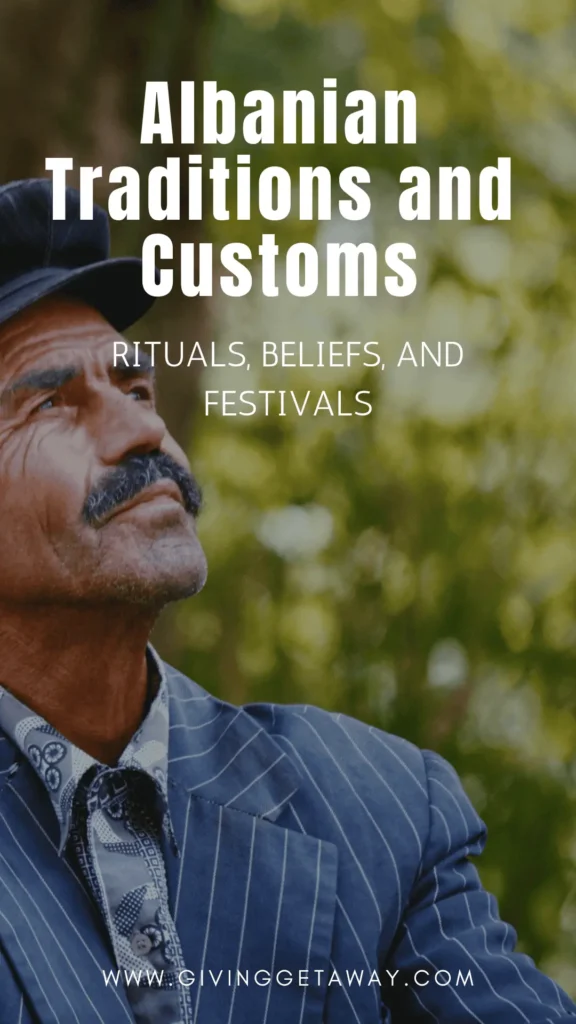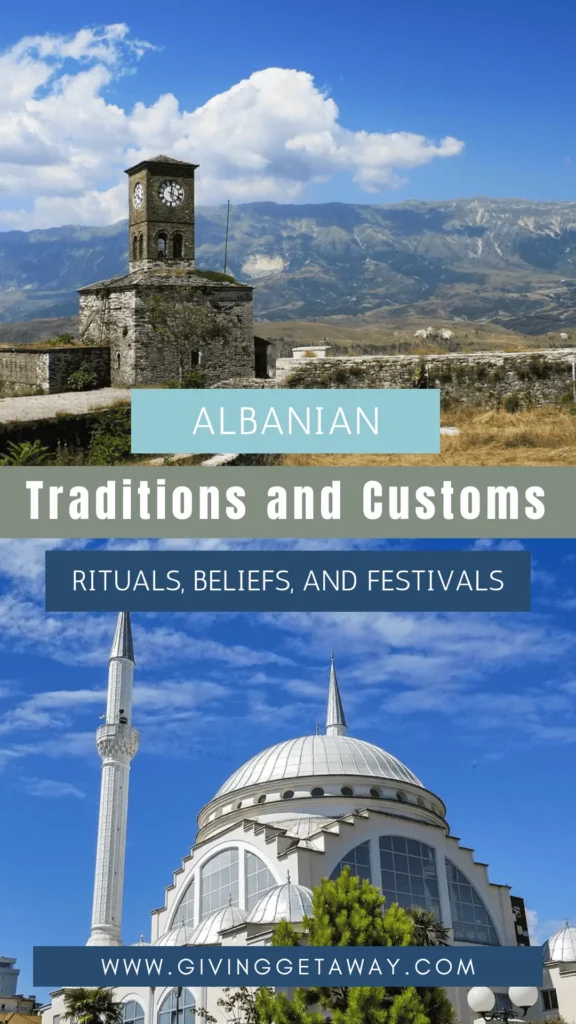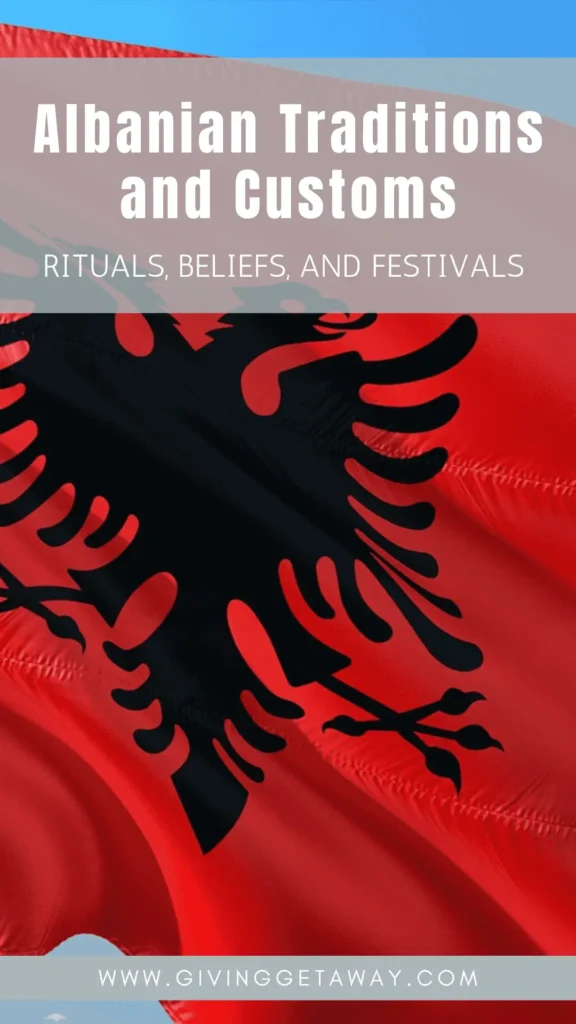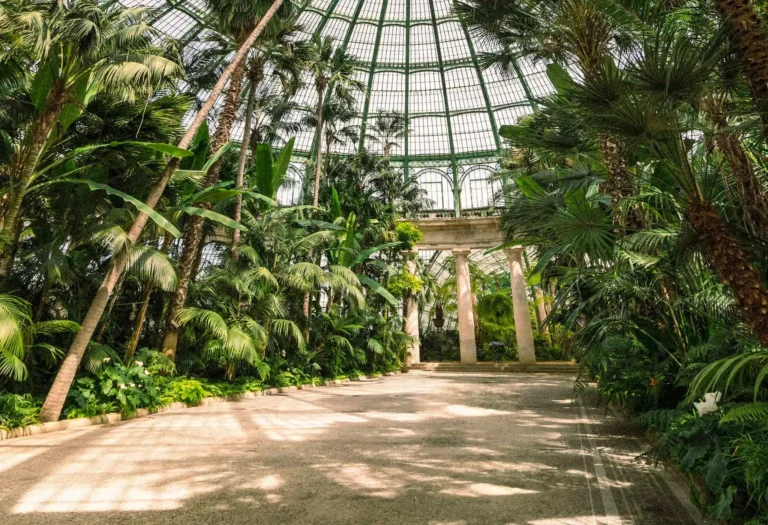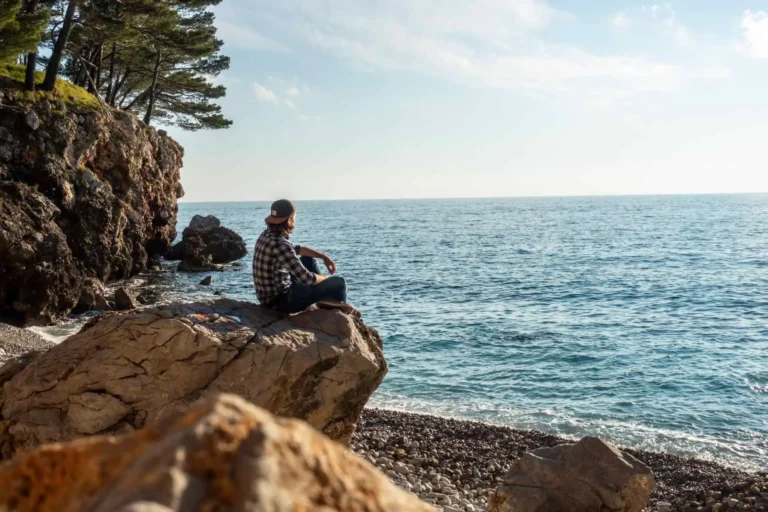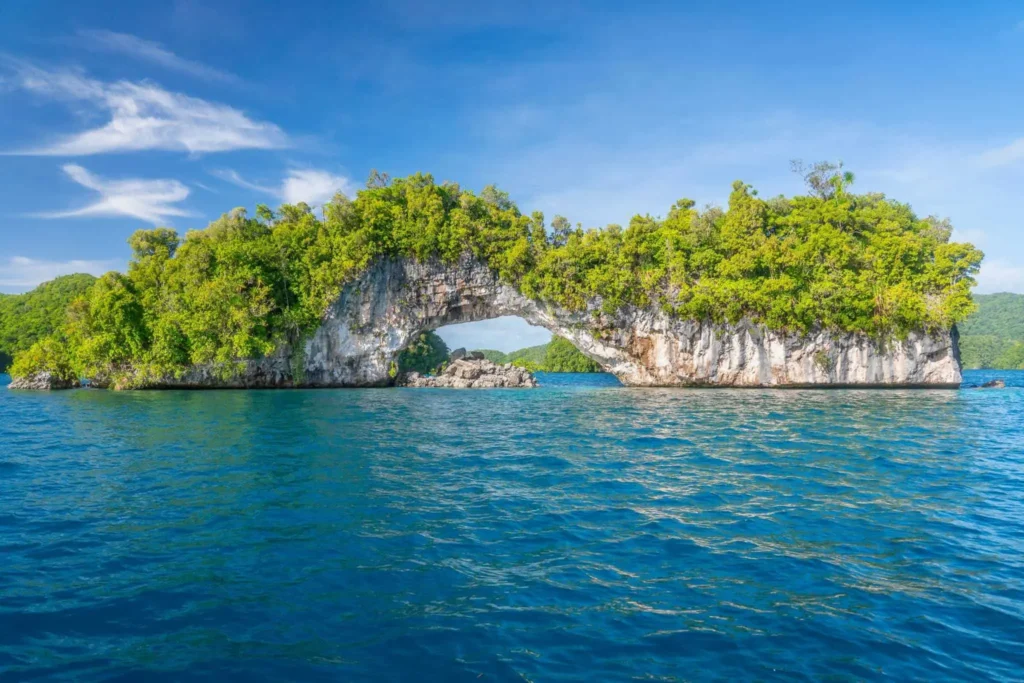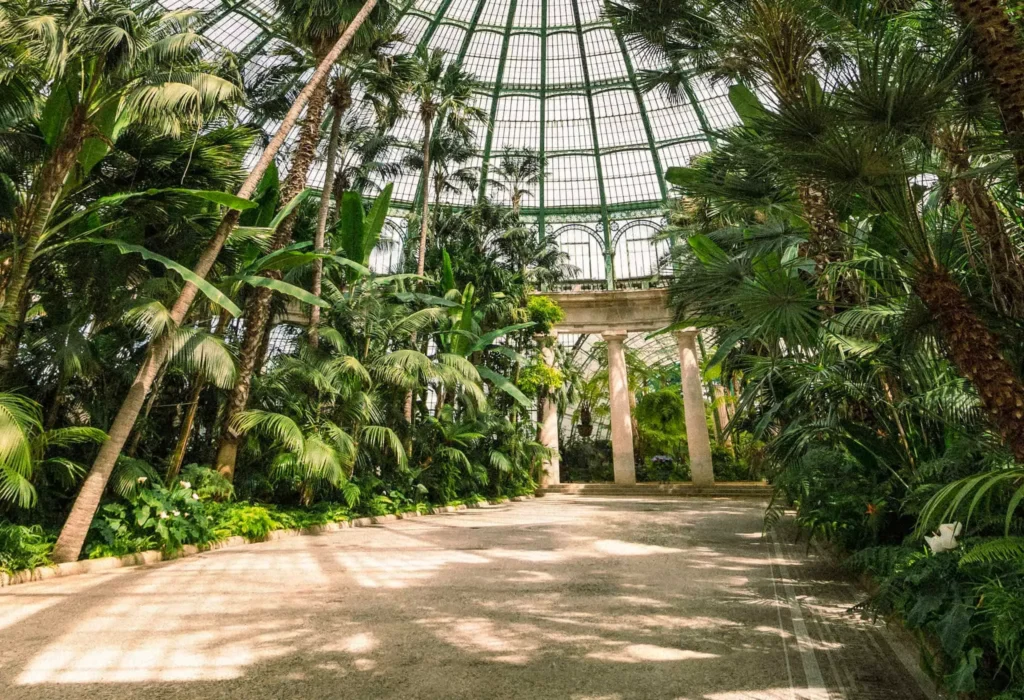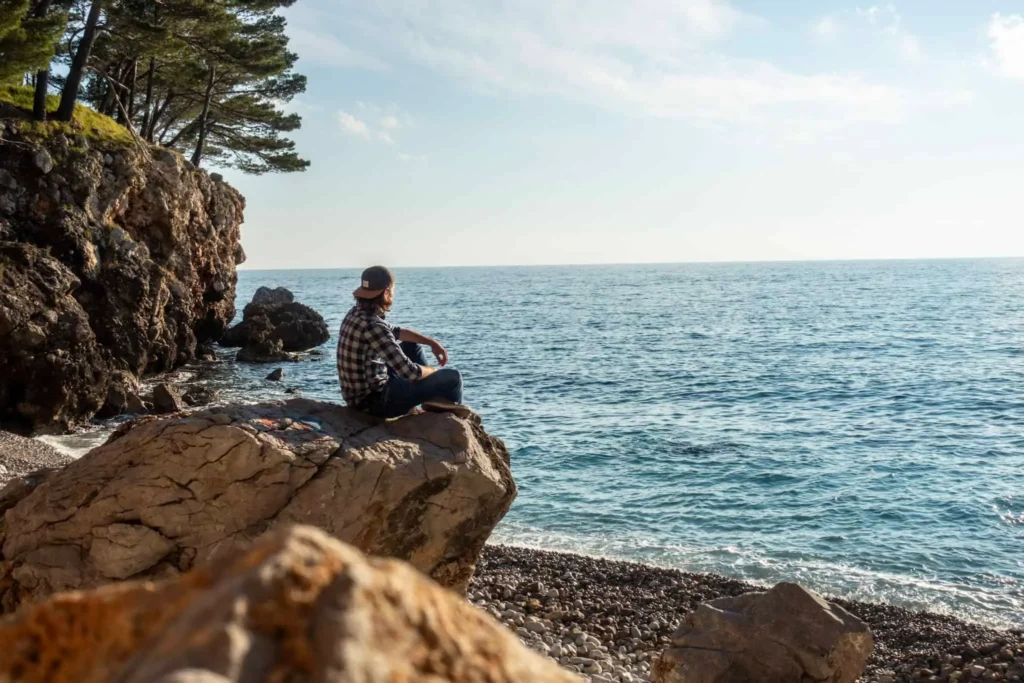| This post may contain affiliate links. Whenever you book or buy something through one of these, Giving Getaway gets a small commission, of which 100% will be donated to charity, without any extra cost to you! |
Living in Albania for three months was an eye-opening experience. I split my time between the north and the south, and I was blown away by how diverse yet deeply connected the country’s culture is. Whether it was in the bustling streets of Tirana or the serene landscapes of the Albanian Riviera, the people I met were incredibly hospitable and eager to share their stories. But the beauty of Albania isn’t just in its breathtaking scenery. It’s also the rich tapestry of Albanian traditions and customs that defines its identity.
I found myself immersed in rituals that have been passed down through generations, and each one felt like a window into the soul of the nation. The beliefs and festivals I encountered were not just events; they were heartfelt expressions of a community’s values and history.
As I prepare to share more about these fascinating traditions in my blog, I can’t help but feel a deep respect for the Albanian way of life. Stay tuned as I delve into the rituals, beliefs, and festivals that make Albania such a unique and captivating place. Trust me, you’ll want to know all about it!
The Kanun: A Glimpse into Albanian Customary Law
The Kanun, a set of traditional Albanian laws, has deep historical roots that trace back to ancient tribal norms. The term ‘kanun’ itself comes from the Greek word ‘kanon,’ and it was widely used during the Ottoman rule in Albania. Over the centuries, the Kanun has evolved to reflect the changing socio-economic needs of the region, blending influences from Roman, Byzantine, and Ottoman legal systems. It stands as a testament to the rich tapestry of Albanian culture and history.
The most well-known version of the Kanun is the Kanun of Lek Dukagjini, which is divided into 12 sections and contains 1,262 articles. This codified set of laws covers various aspects of life, including economic organization, hospitality, brotherhood, marriage, and land ownership. Two key principles emphasized in the Kanun are ‘Besa,’ meaning a pledge of honor, and ‘ndër,’ meaning honor. These concepts are central to personal and social conduct in Albanian society.

The Kanun was first codified in the 19th century by Shtjefën Gjeçovi, and his work was published posthumously in 1933. For centuries, these laws were preserved orally by tribal elders, functioning as a constitution in a stateless society. The Kanun saw a resurgence in Northern Albania in the 1990s when state institutions collapsed, and people turned to traditional laws in the absence of formal governance.
Today, the Kanun continues to influence Albanian cultural practices and legal systems. Its enduring presence is a reminder of the deep-seated traditions that shape Albanian identity, offering a unique lens through which to understand the customs and beliefs of this fascinating culture.
Besa: The Heart of Albanian Honor
Besa is one of the most important concepts in Albanian culture, deeply rooted in the nation’s traditional customary law known as the Kanun. It represents a solemn promise, a code of honor that has been central to the social and political life of Albanian tribes, especially in the highlands.
Historically, Besa was not just a moral obligation but a powerful institution within tribal society. It played a key role in maintaining order and trust among communities. The Ottoman government even leveraged Besa to secure the support of Albanian tribes for its policies. During the late Ottoman period, Besa was instrumental in forming political alliances and resisting certain oppressive practices. It was notably invoked during significant events like the Young Turk Revolution and the League of Prizren to address various political and social issues.
The value of Besa has endured through time. During World War II, Albanians famously protected over 2,000 Jews from Nazi persecution, driven by the principles of Besa. This act of courage and humanity highlighted the deep-seated commitment to honor and loyalty that Besa embodies. In more recent times, even families in Montenegro have used Besa to end blood feuds, choosing to trust and respect the decisions of state judicial systems instead.
Besa is also celebrated in Albanian literature and culture. Phrases like ‘The Besa of the Albanian is not for sale’ reflect the deep respect and seriousness with which Besa is regarded. Literary works, including Sami Frashëri’s play ‘Besâ yâhut Âhde Vefâ,’ explore themes of honor, loyalty, and sacrifice that are intertwined with Besa. Frashëri’s political writings also draw inspiration from Besa, suggesting reforms for Albania based on its principles.
The Importance of Family: The Backbone of Albanian Society
In Albania, family is the cornerstone of society. The family structure is typically patriarchal, with the father serving as the head of the household. Families tend to be large and close-knit, often with several children. It’s common for extended family members to live nearby, and grandparents frequently reside with their children and grandchildren, creating a household that spans multiple generations.
In these families, the patriarch holds significant influence, including the power to arrange or even force marriages for the women in the family. Unfortunately, if a marriage ends in divorce, the woman is often blamed and may be ostracized from the community. Boys are generally seen as more important than girls, and women may be pressured to keep having children until a boy is born. However, it’s important to note that there are substantial differences between rural and urban areas. In cities, women are more likely to pursue higher education and are not expected to be housewives.
Albanians deeply care for their families, and when one person suffers, the entire family feels the impact. Bringing dishonor to the family, such as by being exploited, can lead to being disowned and rejected. Many Albanians who face exploitation come from families struggling with domestic violence, alcoholism, or mental health issues.
The sense of community in Albania is tightly linked to a person’s identity and sense of belonging. When community support is lacking, it profoundly affects individuals. Even for Albanians living abroad, their communities often mirror the structures back home. These communities serve as crucial support networks, getting involved in both good and bad times. However, this tight-knit community can also create pressure, making people feel they must live up to certain expectations to avoid public scrutiny.
Dita e Veres: Celebrating the Arrival of Summer
Dita e Veres, which translates to ‘Summer Day’ in Albanian, is a vibrant and joyous festival celebrated on March 14th. Its origins are deeply rooted in ancient traditions, dating back to the city of Elbasan, and it’s connected to a pagan goddess who symbolizes nature and renewal. Though officially recognized as a holiday in 2004, its charm and popularity have grown significantly over the past decade.
Historically, Dita e Veres marked the start of the new year according to the Julian calendar, falling on March 1st. This celebration signifies the end of winter and the rebirth of nature, reflecting the agricultural roots of Albanian society. It’s a time to honor the gods and goddesses for a successful harvest, a tradition that has evolved to celebrate the cultural spirit of Albania.
One of the most endearing customs of Dita e Veres is the wearing of traditional bracelets called Verore. These colorful bracelets symbolize the arrival of summer and are a common sight during the festivities. The celebration is marked by lively parades, concerts, and bonfires that light up the night, creating an atmosphere of warmth and joy.
Elbasan, the heart of Dita e Veres, hosts the largest festivities. Preparations start early, and the city becomes a hub of activity as locals and tourists alike join in the celebrations. A highlight of the festival is the baking of ballakume, a delicious local sweet that families exchange, adding a touch of sweetness to the day.
Despite New Year’s Eve being the most popular holiday in Albania, Dita e Veres holds a special place in the hearts of many. Its light-hearted and inclusive nature makes it a beloved festival, drawing people of all ages and backgrounds together. It’s a time to celebrate not just the changing seasons, but also the rich cultural heritage that defines Albania.
Wedding Traditions in Albania
Albanian weddings are a vibrant celebration of cultural heritage, deeply rooted in traditions that span thousands of years. These ceremonies are not just a one-day affair but can last up to a week, involving both families and the entire community in a series of joyous events.
The festivities usually start days before the wedding itself. Each day is filled with different communal gatherings and rituals, highlighting the importance of family and community. One such tradition is the exchange of gifts. The groom typically presents the bride with an engagement ring and a gold coin, symbolizing prosperity and commitment. Sugared almonds are also given to signify sweetness in their married life.
Symbolic gestures are an essential part of these celebrations. For example, the youngest boy from the groom’s family presents the bride with flowers, often the national flower, the poppy. When the bride arrives, it’s common to hear gunfire—a nod to Albania’s warrior past and a way to celebrate the union.
Groomsmen, known as Krushqit, have a significant role in these events. They are responsible for fetching the bride, often traveling in a decorated procession of cars led by the bride and groom. The Albanian flag is prominently displayed, adding a sense of national pride to the festivities.
Dowry practices also play a part in the ceremony. Although modern dowries are more symbolic, involving items like valuable fabrics and household goods, they still carry cultural significance. The bride often places a coin in her shoe for a young boy to find, symbolizing fertility and her new role in her household.
Dancing is a highlight of Albanian weddings. Traditional dances see lively participation from guests, who often shower the couple with Albanian banknotes. The groom’s dance includes the burning of a white handkerchief, symbolizing new beginnings.
After the wedding, the couple typically departs for a honeymoon, a tradition with historical roots in ritualized abduction, now transformed into a period of relaxation and joy for the newlyweds. These rich, communal celebrations not only honor the couple but also reinforce the cultural heritage and communal bonds that are central to Albanian life.
Religion in Albania: A Journey of Resilience and Revival
Albania’s religious history is a testament to the resilience and spirit of its people. Under the communist regime that began in 1945, religious groups faced severe persecution. The regime, seeing religion as a threat to its ideology, arrested many Catholic clerics and believers, with some even facing execution. Enver Hoxha’s 1967 speech marked the beginning of an intense crackdown on religious practices, culminating in the 1976 constitution which declared Albania an atheist state. Religious beliefs were banned from public life, and the government promoted atheism through aggressive propaganda.
During this dark period, over 2,169 religious institutions were closed, including mosques and churches. Religious sites and cultural heritage were destroyed, and clerics were portrayed as backward and dangerous. The regime’s propaganda machine churned out films and articles that demonized religious figures, deeply impacting society for over three decades.
Despite the oppressive atmosphere, many Albanians held on to their faith. Personal stories of persecution reveal the brutal tactics the regime used against believers. Figures like Father Ernest Simoni Troshani and Hafiz Sabri Koci endured long prison sentences and torture. Families of clerics faced social stigma, internal exile, and the pain of separation, yet they continued to practice their faith in secret.
The resilience of Albanian culture shone through as families upheld traditions and observed religious practices despite the risks. Clerics like Hafiz Ali Kraja observed Ramadan in prison, and Shtjefen Kurti secretly baptized children. Their unwavering faith under harsh conditions symbolizes the strength of the Albanian spirit.
With the fall of communism, Albania saw a revival of religious identity. The beatification of executed clerics in 2016 marked a recognition of past injustices. Today, a significant majority of Albanians identify as religious, with Islam, Catholicism, and Orthodoxy being the main faiths. The legacy of repression has shaped Albanian society, but it has also underscored the country’s enduring commitment to its spiritual roots.
Superstitions and other Beliefs
One of the most pervasive superstitions is the belief in the evil eye (syri i keq), a malevolent glare thought to cause misfortune. To ward off its effects, you might see Albanians wearing red strings or displaying amulets. These protective measures are deeply embedded in the culture, reflecting an age-old desire to shield oneself from harm.
Dreams hold significant importance in Albanian culture, often seen as prophetic or indicative of future events. Interpreting dreams to guide daily decisions is a common practice, with certain symbols believed to carry specific meanings. This belief underscores the way folklore and subconscious perceptions shape everyday life.
Albanian folklore also includes a rich tapestry of supernatural beings like zanas (fairies) and shtrigas (witches). These entities are not just mythological; they influence customs and rituals. For instance, zanas are considered protectors of nature, while shtrigas are feared and often blamed for misfortunes. Such beliefs provide a framework for understanding natural and unexplained phenomena, reinforcing communal bonds through shared narratives.
Superstitions extend to seemingly mundane aspects of life, such as the belief that owls symbolize bad luck or death. This might lead you to avoid certain actions if you encounter an owl. Additionally, Friday the 13th is considered particularly unlucky, prompting caution in decision-making.
Understanding these superstitions and beliefs offers valuable insight into the Albanian mindset, revealing how historical, cultural, and psychological factors intertwine to influence behavior and societal norms.
Conclusion
Albania is a land rich with vibrant traditions and customs that reflect its deep historical roots and diverse cultural influences. From the rugged mountains of the north to the serene coastlines of the south, each region offers a unique tapestry of rituals, beliefs, and festivals that are a testament to the country’s rich heritage.
The country’s traditions and customs are a beautiful blend of the past and present, offering a glimpse into the soul of this incredible country. The warmth and friendliness of its people make it an even more special place to explore. If you ever get the chance, immerse yourself in Albania’s culture — it’s an experience you won’t forget.
If you now feel like exploring Albania yourself, please consider booking your accommodation, flight, car rental, and more through Giving Getaway when preparing for your trip. Not only will you have an unforgettable journey, but by doing so you’ll also be contributing to my cause in organizing future charity events – with 100% of the commission going towards initiatives like the 2021 Christmas gift drive for kids and teens in a children’s home in Montenegro.
So why not make a positive impact while enjoying your travels? Booking with Giving Getaway today is sure to help transform our world into one that is better than before!

